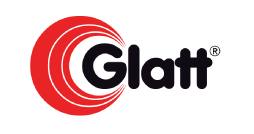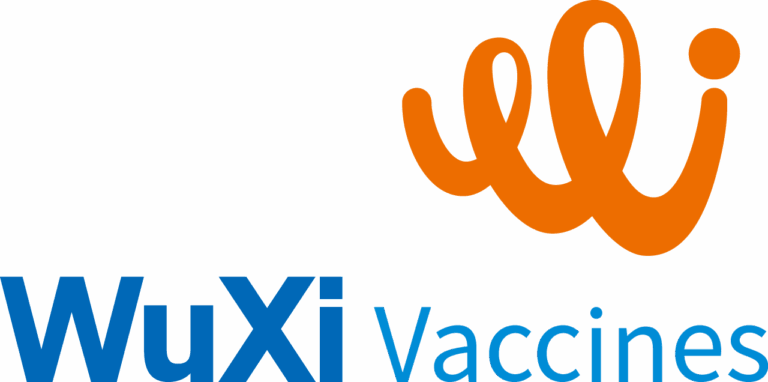Background:
One of DCVMN’s strategic goals is to promote the stable and sustainable supply of high-quality vaccines to developing country populations. This includes helping increase the efficiency and effectiveness of the vaccine supply chain through innovation in the manufacturing and distribution stages, recognizing that the supply chain in a majority of developing countries do not meet WHO’s effective vaccine management standards.
Objective:
The objective of the supply chain expert group is to share best practices in areas of common interest and find common solutions for actions companies can take to make the vaccine supply chain more effective.
Focus:
The focus of the group has been established as tracking vaccines (traceability), stockpiling and adopting new packaging technologies. It will develop position papers that can inform DCVMN members and the wider global immunity community on the specific actions DCVMN members could undertake to improve the vaccine supply chain, including any resource implications. Position papers may also be developed as articles for potential placement in peer-reviewed journals.
Authority:
Group participants from DCVMN members act on a voluntary basis and need to declare any conflicts of interest they may have regarding any work undertaken. The DCVMN Executive Board will have the authority of determining the usefulness of any work undertaken and approving its dissemination.
Composition:
An expert group of around 10 manufacturer participants is considered optimal for effective group functioning, including to the extent possible participants from all the main regions (Africa, Asia, Latin America) and from both state and private companies, to ensure a wide as possible representation and input of views and experience. Others may be involved in specific regional initiatives, if these arise. Each participant would need to dedicate a small percentage of his/her time to work in the group. Group structure will be informal but a Chair, which will rotate annually, will be responsible for providing continuity to the discussions. A co-Chair will also be nominated once the group is established. The DCVMN Secretariat may opt to arrange for a facilitator to help run the group meetings, if needed.
Criteria for participation in the expert group:
Each participant should be experienced professionals, preferably responsible for supply chain in his/her company, having at least two years relevant experience in supply chain. Specialized training in supply chain would be an advantage.
Operations:
A specific annual work plan will be agreed upon, including the specific topics to be covered with timelines and deliverables. Group meetings will largely take place through remote communication (telephone calls, WebEx, and email), but also face-to-face meetings during meetings where the Chair or co-Chair and at least half the participants are attending. Any group meeting (telephone, email or face-to-face) will have a specific set of points for discussion and a required minimum quorum (Chair or co-Chair plus half the participants), ensuring decisions are taken in a collegial manner. Discussions will aim for consensus but also note any specific regional or company set-up differences that may exist and be respected.
Duties and responsibilities:
Each participant will act in the capacity of the corporate member and best contribute to the specific annual agenda. This will include reviewing specific topics being addressed and, if relevant, adding specific analysis of the country situation in which the company is located. Participants will be expected to discuss topics with their colleagues to enhance the analyses undertaken. Participants whose situation changes and can no longer serve on the group will inform DCVMN to allow another participant to be identified.
(Approved 25 June 2019)
List of participants (as of 4th Feb, 2026)
| Name | Company | Country |
|---|---|---|
| R. Park | Eubiologics | South Korea |
| PV Raju (Co-Chair) | Biological E | India |
| Ch. Yiyuan | CNBG- BIBP | China |
| R. Creton | Bio-Manguinhos | Brazil |
| S. Kumar Kanda | Indian Immunologicals | India |
| R. Whelan | Sinergium | Argentina |
| K. Krisnamurthy | Bharat Biotech | India |
| T. Wimansyah | Biofarma | Indonesia |
| T. Naicker | Biovac | South Africa |
| A. Ferreira | Butantan | Brazil |
| R. Myburgh | Biovac | South Africa |
| T. Naicker | Biovac | South Africa |
| S. Lele | Bharat Biotech | India |
| M. Almeida | Butantan | Brazil |
| K. Nairman | Bharat Biotech | India |
| Aryanto | Bio Farma | Indonesia |
- January 20, 2026
- December 3, 2025
- November 12, 2025
- October 15, 2025
- July 28, 2025
- June 11, 2025
- May 12, 2025
- April 11, 2025
- February 27, 2025
- November 13, 2024
- August 22, 2024
- June 14, 2024
- May 29, 2024
- April 29, 2024
- February 22, 2024
- Aug 28, 2023
- May 11, 2023
- November 22, 2022
- April 26, 2022 (TC)
- February 16, 2022 (TC)
- August 17, 2021 (TC)
- July 27, 2021 (TC)
- January 26, 2021 (TC)
- October 14, 2020 (TC)
- June 18, 2020 (TC)
- November 28, 2019
- June 25, 2019
The content is restricted. Please log in to access the meeting minutes.
June 23-24, 2022 WORKSHOP: Traceability Consortium & Supply Chain WG meeting
To view the Workshop recordings and slides click here
May 11, 2022- WORKSHOP: New Packaging Technologies
Presenters: Rachel Park (EuBiologics), Yudha Bramanti (Bio Farma), Ravi Menon (SII), Courtney Jarrahian (PATH)
To view the Workshop recordings and slides click here
March 30-31, 2021 – WORKSHOP: Supply Chain- Stockpiling
Presenters: Steve Jarrett (External consultant), Rachel Park (EuBiologics), Taufik Wilmansyah (Bio Farma), Suresh Jadhav (SII), KR Krishnamurthy (Bharat Biotech), Patricia Correa Santana (Bio Manguinhos), Hans Christiansen (UNICEF)
To view the Workshop recordings and slides click here
To view the publication on The importance of vaccine stockpiling to respond to epidemics and remediate global supply shortages affecting immunization: strategic challenges and risks identified by manufacturers – ScienceDirect
Click here https://www.sciencedirect.com/science/article/pii/S259013622100036X
Vaccine Stockpiling & Pandemics
The importance of vaccine stockpiling to respond to epidemics and to remediate global supply shortages affecting immunization was identified. In this context, vaccine stockpiling policies and practices were discussed in a workshop, and challenges and risks were identified by manufacturers, as outlined in a peer-reviewed publication to share views and stimulate open discussions.
Traceability Pilot Studies Consortium
The WG looked at the engagement of member companies in pilot studies towards the implementation of global GS1 traceability standards for the supply chain, shipping and supply of vaccines, to combat counterfeiting and enhancing safety monitoring. A Traceability Consortium was voluntarily formed by six interested member companies: BioFarma, Biological E, Bharat Biotech, CNBG, Innovax and Sinergium, with the goal of sharing knowledge and experiences on the barcoding of secondary packaging, to comply with Gavi/UNICEF shipping requirements, and on primary packaging to facilitate the supply of COVID-19 vaccines in multidose vials. Four out of the six manufacturers piloting the traceability, requested limited financial support, for planning and training aligned to GS1 standards. This was partially assessed by an independent review group, funded by external donors for a limited time period, to validate the tools, and it was administered by DCVMN Secretariat to accelerate the pilot studies in the barcoding of primary and secondary packaging.
Traceability Pilot Studies Consortium
List of participants (as of 12th January 2022)
| MEMBER | LOCATION | LEVEL OF TRACEABILITY |
|---|---|---|
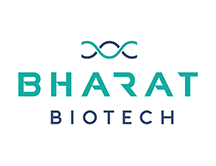 | India | primary packaging |
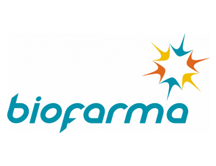 | Indonesia | primary packaging |
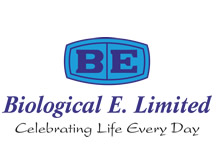 | India | primary packaging |
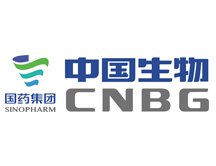 | China | secondary packaging |
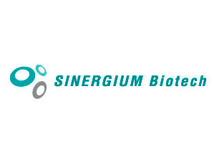 | Argentina | secondary packaging |
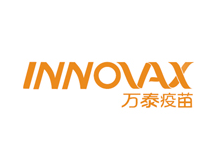 | China | secondary packaging |
The role of manufacturers in the implementation of global traceability standards in the supply chain to combat vaccine counterfeiting and enhance safety monitoring.
https://pubmed.ncbi.nlm.nih.gov/33199075/
- June 23-24, 2022 (Agenda and Slides here)
- March 23, 2022
- January 18, 2022
- November 10, 2021
- August 24, 2021
- June 9, 2021
- February 10, 2021
The content is restricted. Please log in to access the meeting minutes.

